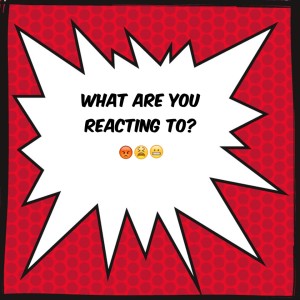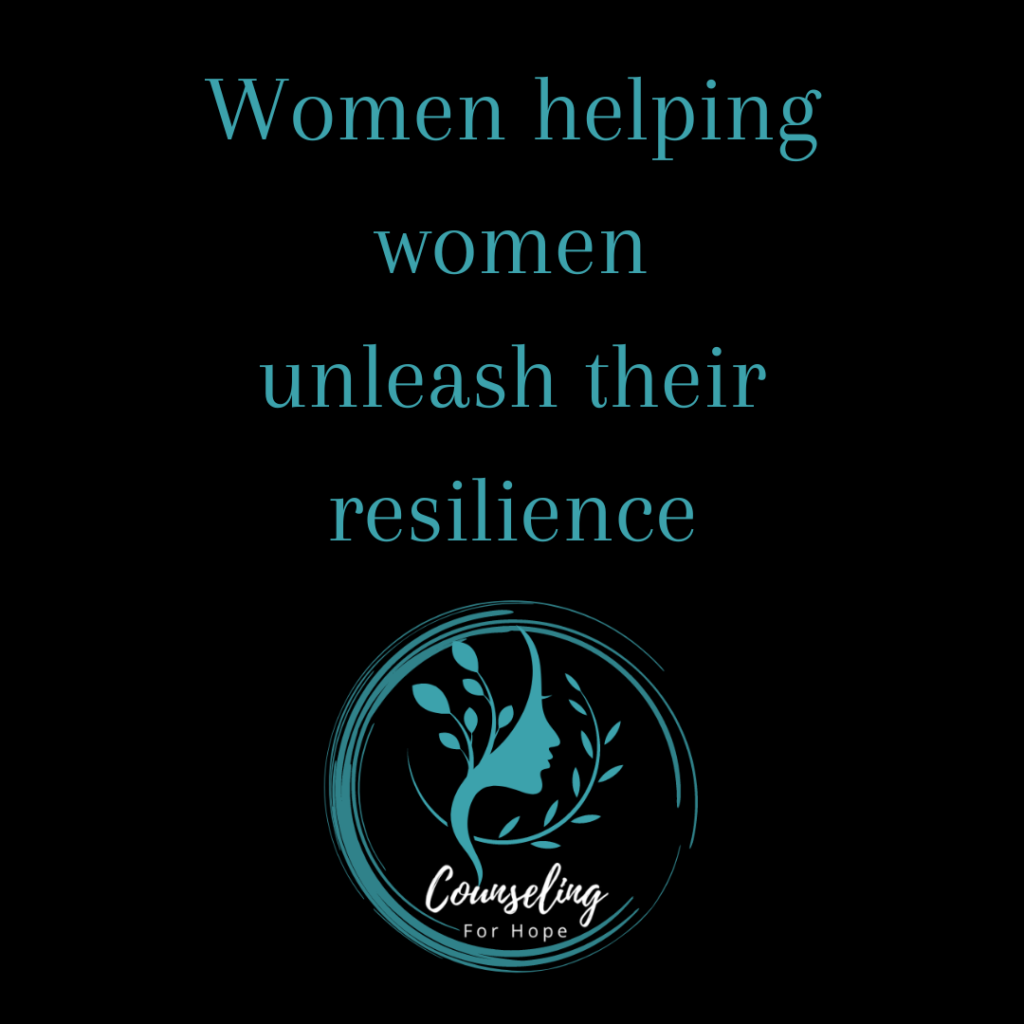 Reactions are strong emotions (i.e. anger) that we have in response to external events (i.e. being cut off in traffic) or people.
Reactions are strong emotions (i.e. anger) that we have in response to external events (i.e. being cut off in traffic) or people.
For example, let’s say my spouse points out a mistake or corrects me in some area (this is a made up example…ha ha). I feel hurt, frustrated, and angry. Seems simple enough, a lot of us have been there. However we don’t just leave it at…I feel hurt, frustrated, and angry… we take action based on these strong emotions. In my above example, when I feel hurt, frustrated, and angry, I might lash out with some disrespectful retort or stomp off but give the silent treatment later (again, this is made up and has never happened…wink, wink).
There are a million ways we act based on how we react!
But what if, we aren’t reacting completely to the words or actions being done to us? What if there is more behind it? Knowing what is really behind my emotions could make a huge impact.
So there are a few questions to consider when we feel a strong emotion, like anger, fear, or sadness:
- Does this remind me of something from my past? Could you be reacting to a past trauma, a past relationship, or a controlling or dysfunctional parent?? Since our emotional brain, pairs emotions with situations and bypasses our thinking brain, it is common for us to be in a situation that our brain sees as similar to a past experience and feel the past emotion in the present. This happens without your awareness, so your perception may be that the current situation caused the emotion but it’s possible that you are reacting to something else entirely. This is very common for people who have experienced any type of trauma.
- What am I assuming? Could I be making some assumptions about the other person’s motives? Am I mind reading their intentions? Could they have good, loving intentions that I am assuming are evil? Am I assuming something about the future? Am I considering my assumed version of the future is truth rather than just one possible outcome? Our assumptions taint our reality. I may think that someone is intentionally being critical, mean, and is out to harm me in some way…but, perhaps they had a totally different motive. Yet, I react to what I assume the other person was thinking and feeling. And let’s be honest, we have no way of really knowing what someone else is thinking and feeling unless we ask them. Yep, don’t tend to want to do that in the middle of an unpleasant emotion. What if I did and I learned their real motive, perhaps my emotional experience changes?
- What am I expecting? Am I expecting this person to not notice that I have weaknesses, sins, and imperfections? Am I expecting that person to never sin or show their personal weakness and imperfections? Am I expecting that person to meet a need that no human can meet? That’s really at the heart of a lot of it, we don’t like to see our yuck and it hurts to have it pointed out. We don’t like other people’s yuck because it impacts us. We expect things from situations and relationships that just are not realistic.
Now most of the time our past, our assumptions, and our expectations happen automatically without a lot of analysis on our part. Something happens, we feel, and then we react. But, what are you reacting to? How can you slow the process down?
One big way is to learn to share your emotions instead of your action in response to the emotion.
Back to my totally made up example, my spouse points out a mistake and I say, “wow that hurt and I am starting to feel angry”.
I know what you are thinking, “people don’t talk that way…that’s only for touchy, feely, counselors”. You may be right; most people don’t talk that way. However, talking that way:
- Brings your experience into the moment.
- Brings your experience into the relationship.
- It gives the other person the benefit of the doubt and allows them to say, “Oh, I didn’t mean to hurt you. I thought I was being helpful because I love you” (or something like that).
- It gives people an opportunity to comfort us.
- It gives people an opportunity to tell us their real intentions.
- It helps distinguish this situation from past situations.
So what am I reacting to??? Worth some more thought, don’t you agree? I would love your thoughts.
If you like what you read, please comment below or share on social media. ❤️




